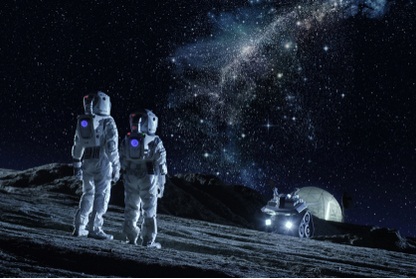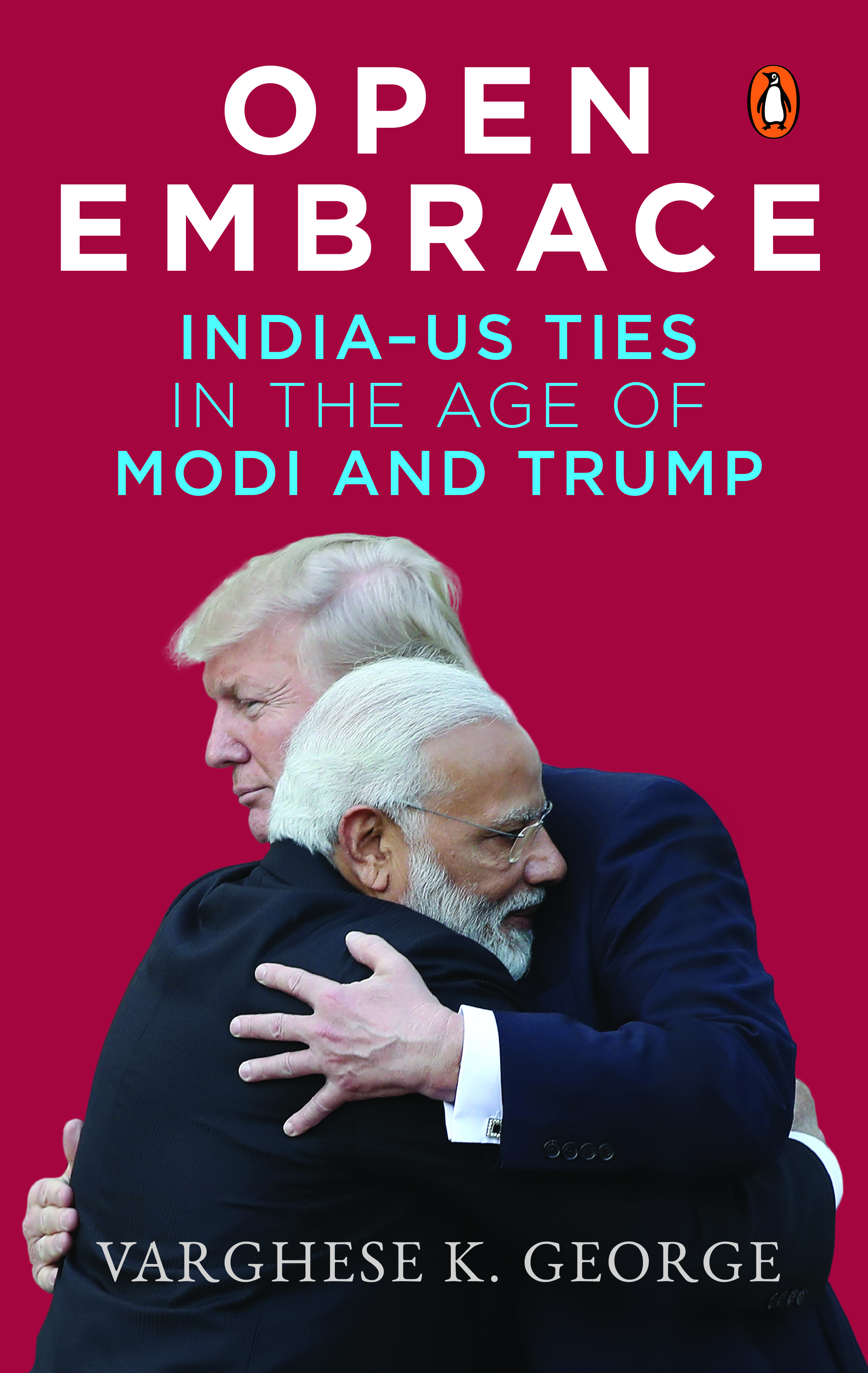Chandrayaan-2 Moon Mission a Signal of India’s Growing Space Ambitions
Our Space and Ocean Studies Fellow, Chaitanya Giri was quoted in an article by Washington Post, which was republished in Gadgets 360 by NDTV. Read the full article here
 Courtesy:
Courtesy:
Our Space and Ocean Studies Fellow, Chaitanya Giri was quoted in an article by Washington Post, which was republished in Gadgets 360 by NDTV. Read the full article here
 Courtesy:
Courtesy:
Chaitanya Giri, Fellow, Space and Ocean Studies, Gateway House was quoted in Washington Post. Read the full article here
 Courtesy:
Courtesy:
Our Space and Ocean Studies Fellow, Chaitanya Giri was quoted in Nikkei Asian Review. Read the full article here
 Courtesy: Shutterstock
Courtesy: Shutterstock
India is the second largest emitter of methane in the world. But methane-cracking has enormous economic potential. It can help India become a high-technology manufacturing powerhouse by producing a steady supply of methane-derived, advanced carbon materials and hydrogen-energized transportation
 Courtesy: Shutterstock
Courtesy: Shutterstock
On 15 July, the Indian space programme will achieve a feat with the Chandrayaan-2 mission. Two challenges lie ahead: the speedy construction of Chandrayaan-3 and the development of a public-private ecosystem of space capabilities
 Courtesy:
Courtesy:
Our Director, Neelam Deo was quoted in Hindustan Times. Read the full article here
 Courtesy: Gateway House
Courtesy: Gateway House
Data localisation, or the practice of physically storing data on servers located within a country, has become a subject of robust debate after India introduced data localisation provisions in its domestic laws. India’s position is not unique; China and Russia too have similar laws. It has pitted countries against each other. This Gateway House primer explains the complexities of data localisation and its elements
 Courtesy: Shutterstock
Courtesy: Shutterstock
Innovation has its dark side, and digital black market sites are a shady offshoot. Hackers and terrorist networks use these portals to carry out their activities, mostly undetected, but as this infographic shows, the law does catch up with them frequently
 Courtesy: Penguin
Courtesy: Penguin
This book offers a ringside view of evolving Indo-U.S. ties under two conservative leaders, both engaged in mixing nationalism, religion and populism to advance the global capitalist order. The title points to an interesting departure from the more orthodox view of the bilateral relationship, which is usually from the prism of discord or estrangement
 Courtesy:
Courtesy:
Our Director and Co-founder, Neelam Deo was quoted in Hindustan Times Read the full article here